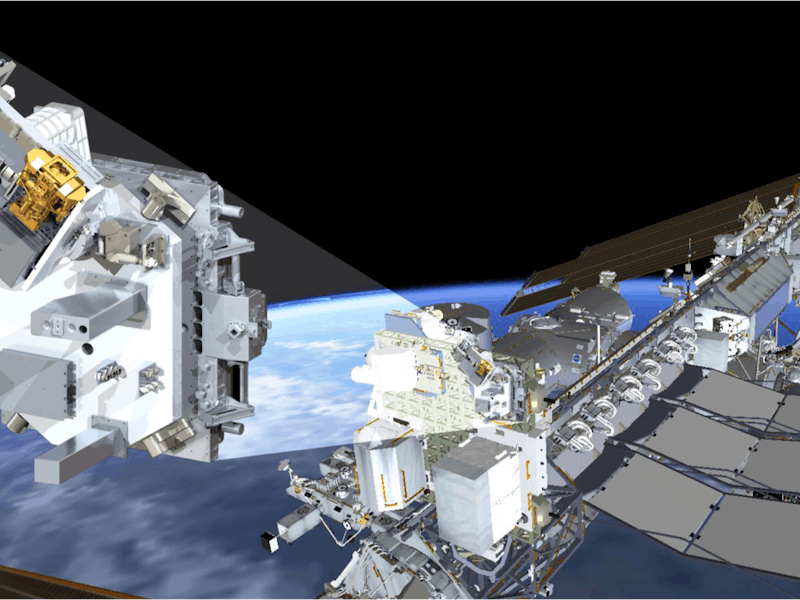NASA's Newest Tool Will Help Keep Humanity From Being Blasted By the Sun

NASA and SpaceX are teaming up to save the world from itself — sort of.
On Monday, December 4, the aerospace company will launch a Dragon spacecraft aboard a Falcon 9 rocket, carrying a NASA instrument called TSIS-1 as part of its special delivery to the International Space Station (ISS). TSIS-1, which is short for Total and Spectral Solar Irradiance Sensor, will measure sunlight with unprecedented detail, in order to study the sun’s impact on Earth’s ozone layer.
“TSIS-1 makes two key measurements: total solar irradiance, or TSI, the sun’s total energy input into Earth, and solar spectral irradiance (SSI), the distribution of the sun’s energy input across ultraviolet, visible, and infrared wavelengths of light,” NASA explained in a post. “TSI measurements are needed to quantify the solar variations in the total amount of energy input to the Earth. SSI measurements are also vital because different wavelengths of light are absorbed by different parts of the atmosphere.”
The ozone layer — situated in Earth’s stratosphere — is responsible for absorbing ultraviolet radiation blasted off by the sun, making our planet habitable. TSIS-1 is a great step toward understanding the sun’s impact on the ozone region, especially considering how careless humanity has been about it.
In the past, humans have caused ozone depletion by spraying aerosol cans, which release chlorofluorocarbons (CFCs) into the atmosphere. These can break down ozone molecules and make the ozone layer worse at its job — which, in case you forgot — is keeping us all from getting burned to a crisp. In the 1980s, this was a big concern, which led to the creation of the Montreal Protocol in 1989.
In short, the TSIS-1 — and the ozone layer — are good. We hope scientists at the Laboratory for Atmospheric and Space Physics (LASP) and NASA’s Goddard Space Flight Center will have plenty of data to comb through once TSIS-1 is up and running.